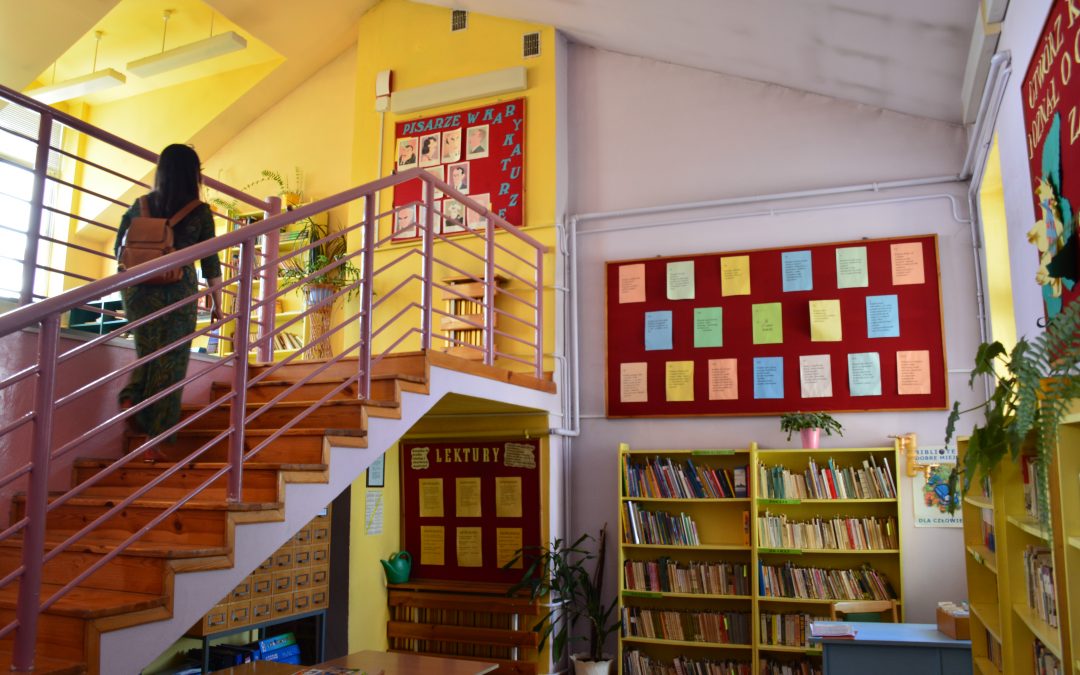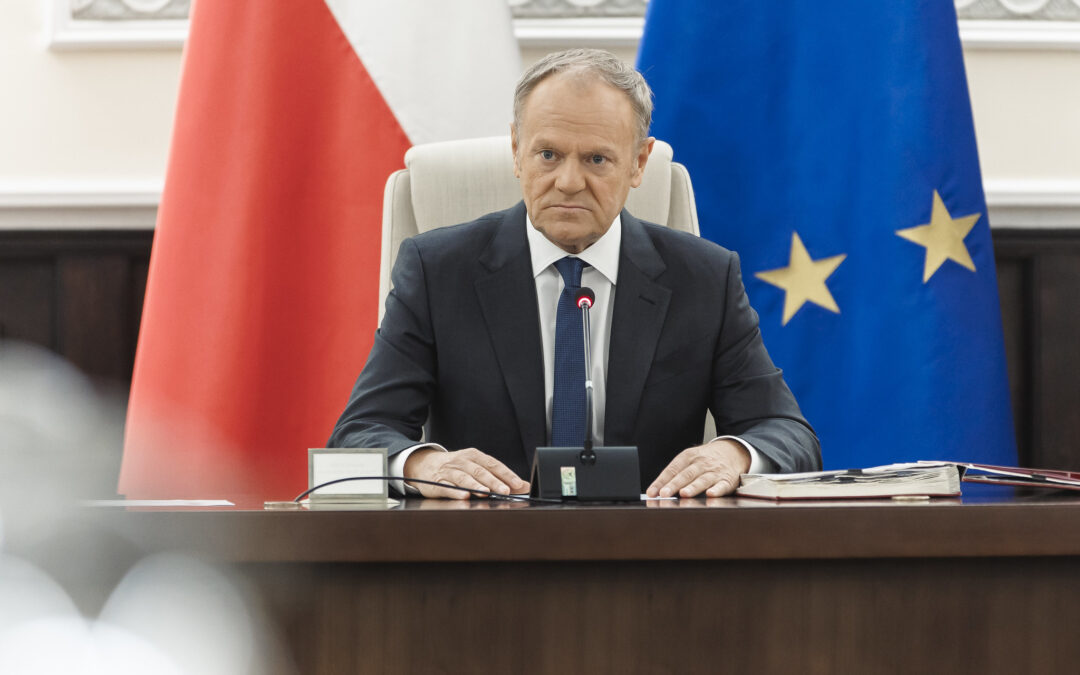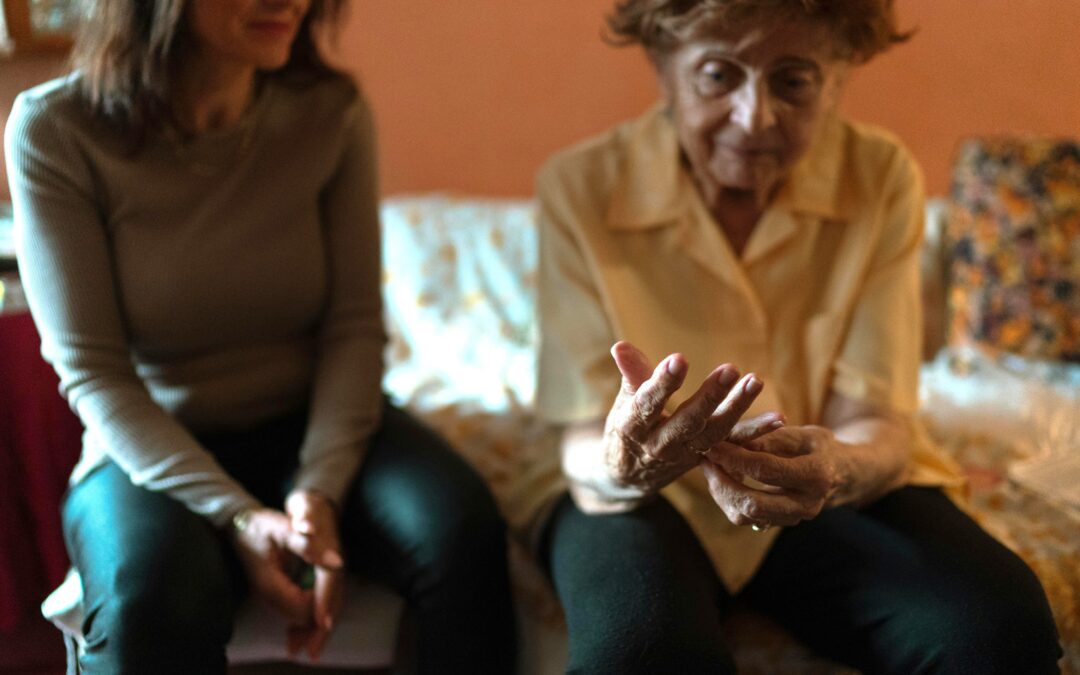Polish schools are prepared to accept up to 300,000 more Ukrainian refugee children when the new academic year starts in September, says education minister Przemysław Czarnek. But he admits that problems may emerge in larger cities, where too many pupils may apply to the same facilities.
Poland has been the primary destination for refugees from Ukraine, with over one million believed to be in the country. Almost half of those arriving have been children, and between February and May around 200,000 of them joined Polish schools.
Hundreds of thousands more either continued Ukrainian education online or simply missed a few months of schooling. But it has long been expected that many of those would sign up for school when the new year begins in September.
Speaking to Polskie Radio on Tuesday, Czarnek revealed that “we are prepared for another 200,000-300,000 [Ukrainian pupils] in Polish schools…There is room for Ukrainian children, we are systemically preparing for this, we have a very flexible system created together with the leading authorities, with local governments”.
In the interview, the minister denied that there was a problem filling teacher vacancies in Polish schools. But he warned that some problems with admissions could arise in larger cities, such as Warsaw and Kraków, where “possibly too many people will apply to…the same school for admission”.
“We will then identify other schools where Ukrainian children can possibly be admitted,” Czarnek added. Despite the minister’s reassuring tone, school principals and trade unions say that filling vacancies is becoming increasingly difficult, as some teachers are leaving in search of higher salaries or simply retiring.
This year there are around 689,000 teachers in Poland, over 6,000 fewer than a year ago, reports Dziennik Gazeta Prawna. Even before the influx of refugees, there were already record levels of teacher vacancies in Polish schools.
Meanwhile, thousands of pupils, mostly Polish ones, discovered last month that they were left without a school of their choice for the new year due to earlier education reforms that had expanded the size of this year’s cohort entering secondary schools.
Thousands of pupils left without school places in Poland as aftereffect of earlier education reforms
Main photo credit: Marcin Polak/Educational Spaces (under CC BY 2.0)

Alicja Ptak is deputy editor-in-chief of Notes from Poland and a multimedia journalist. She has written for Clean Energy Wire and The Times, and she hosts her own podcast, The Warsaw Wire, on Poland’s economy and energy sector. She previously worked for Reuters.




















